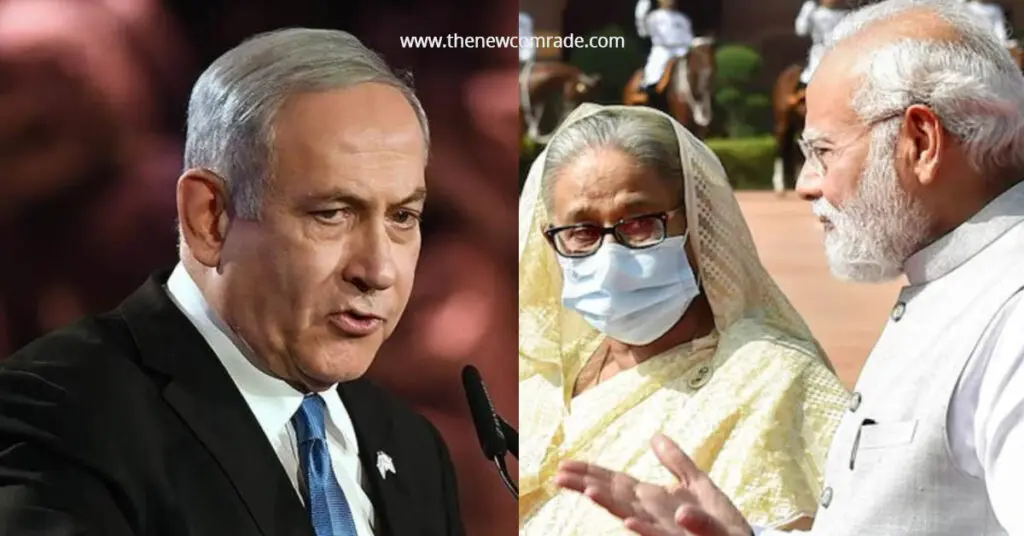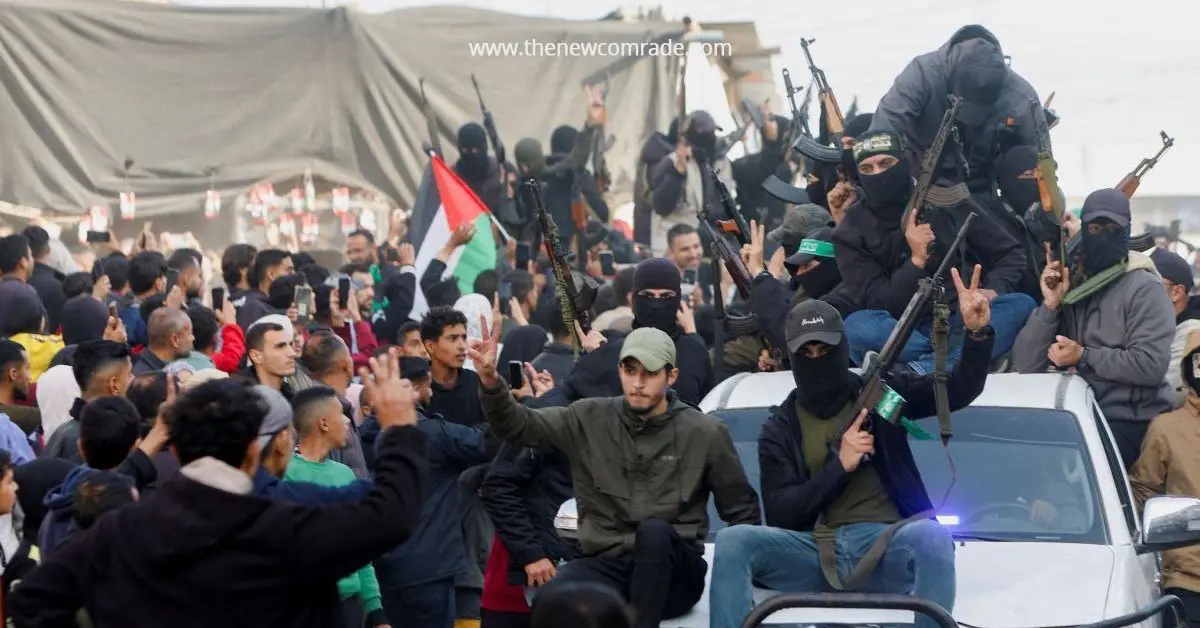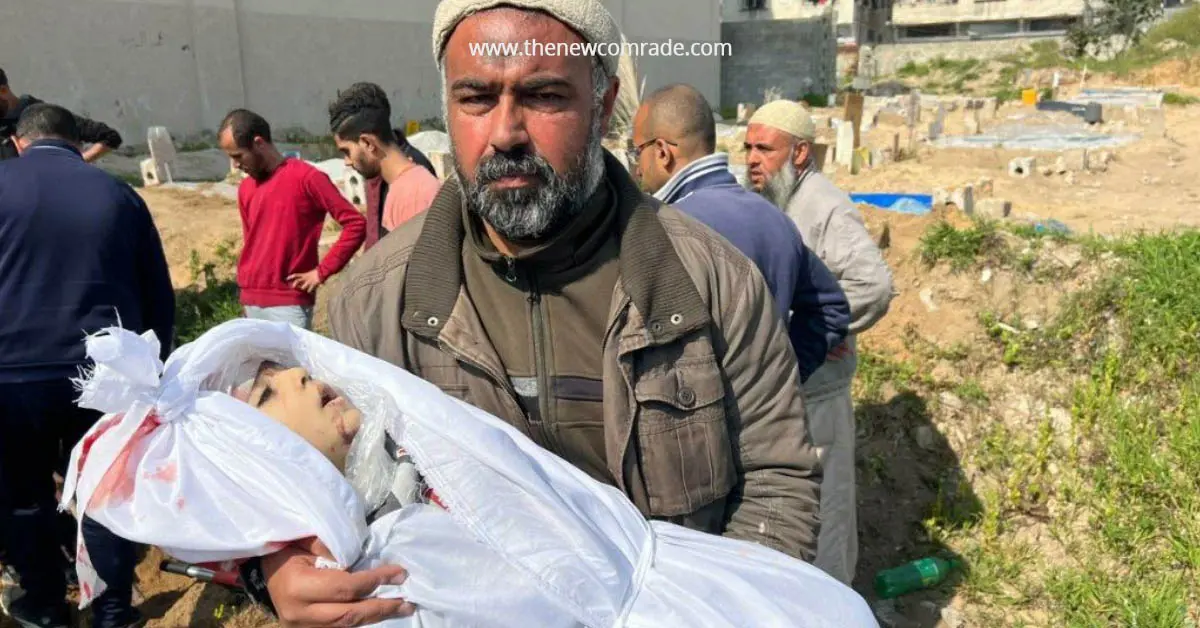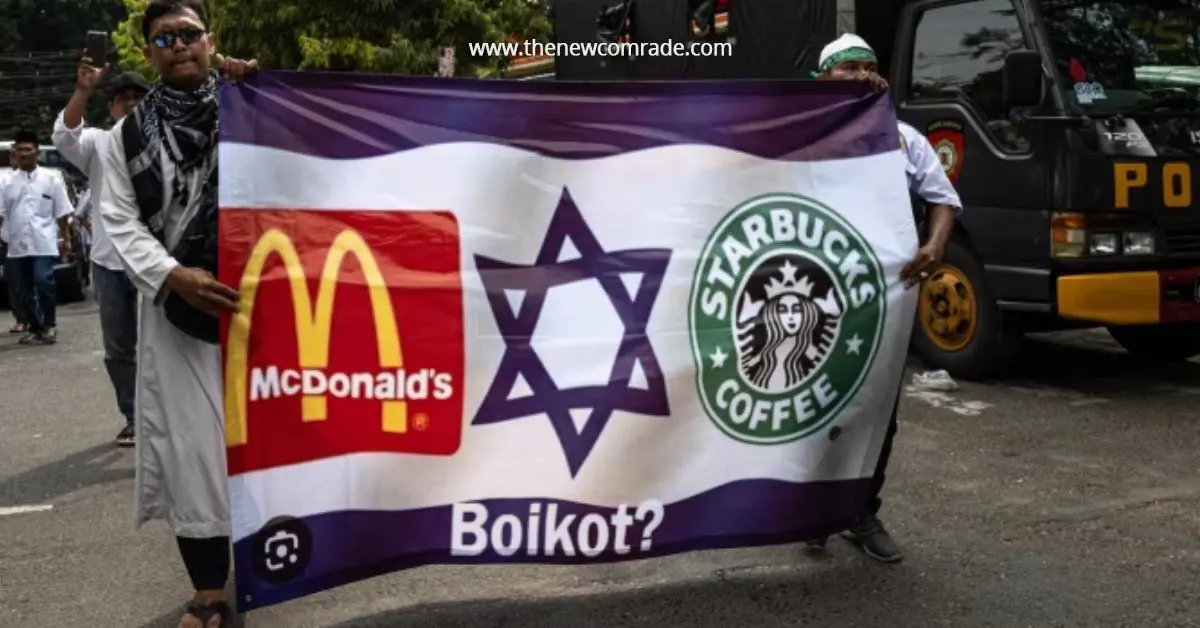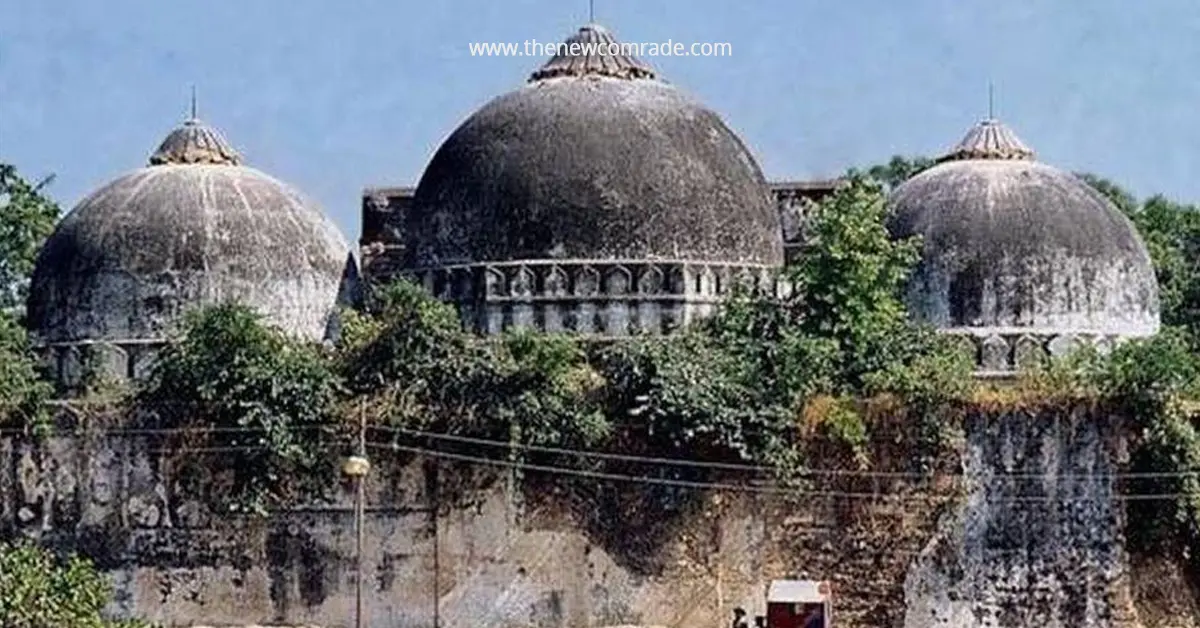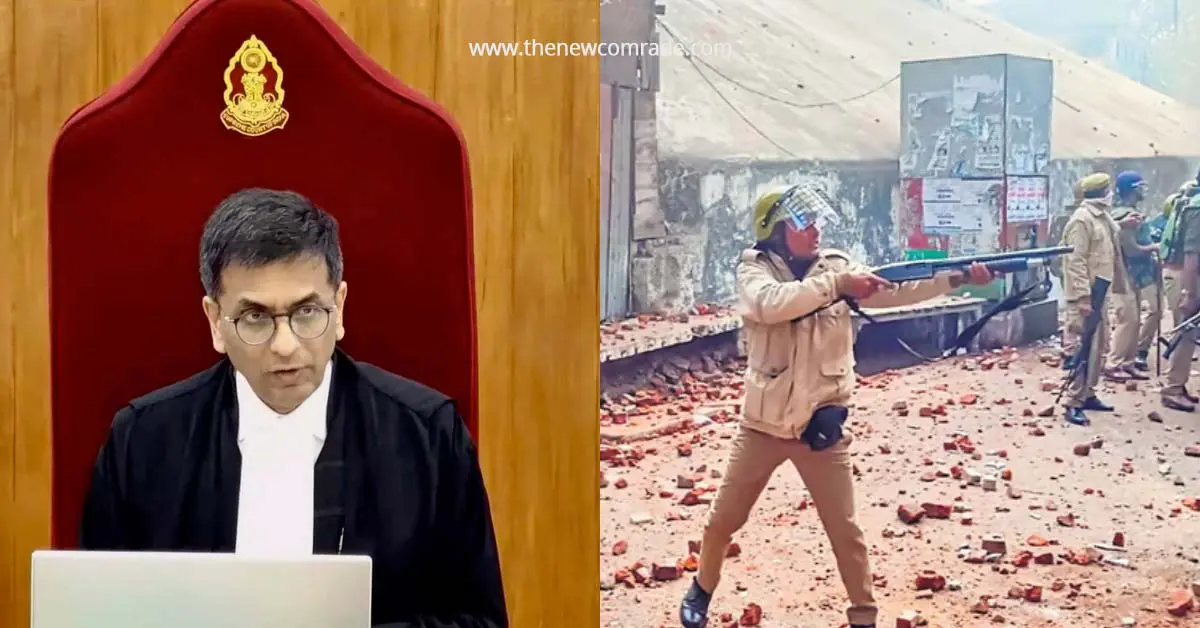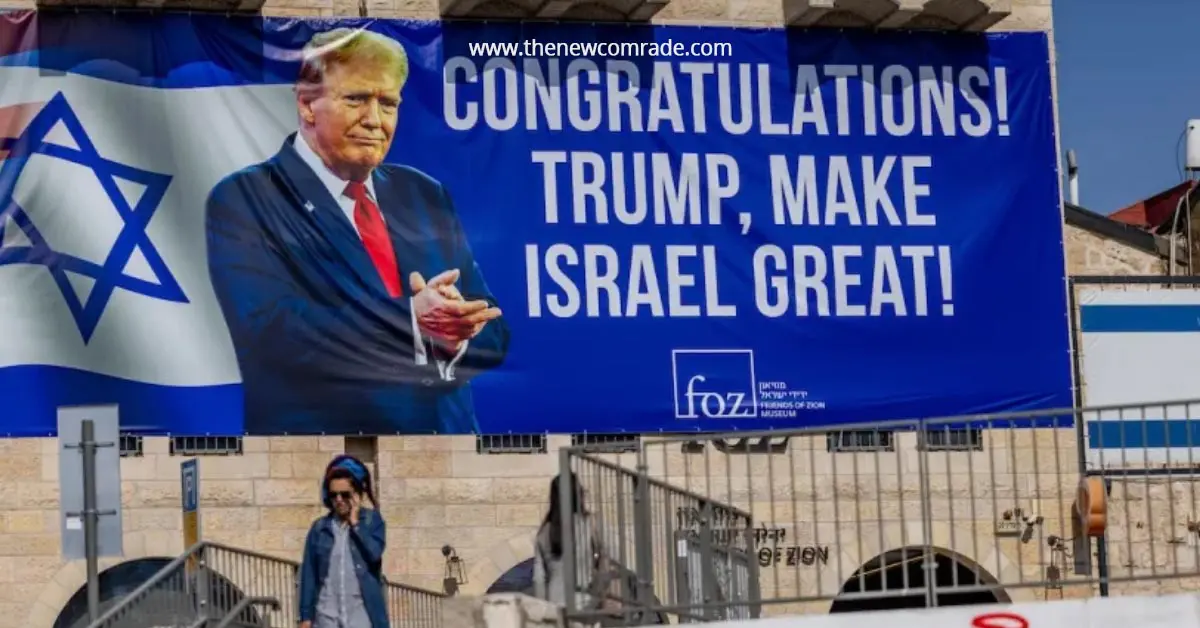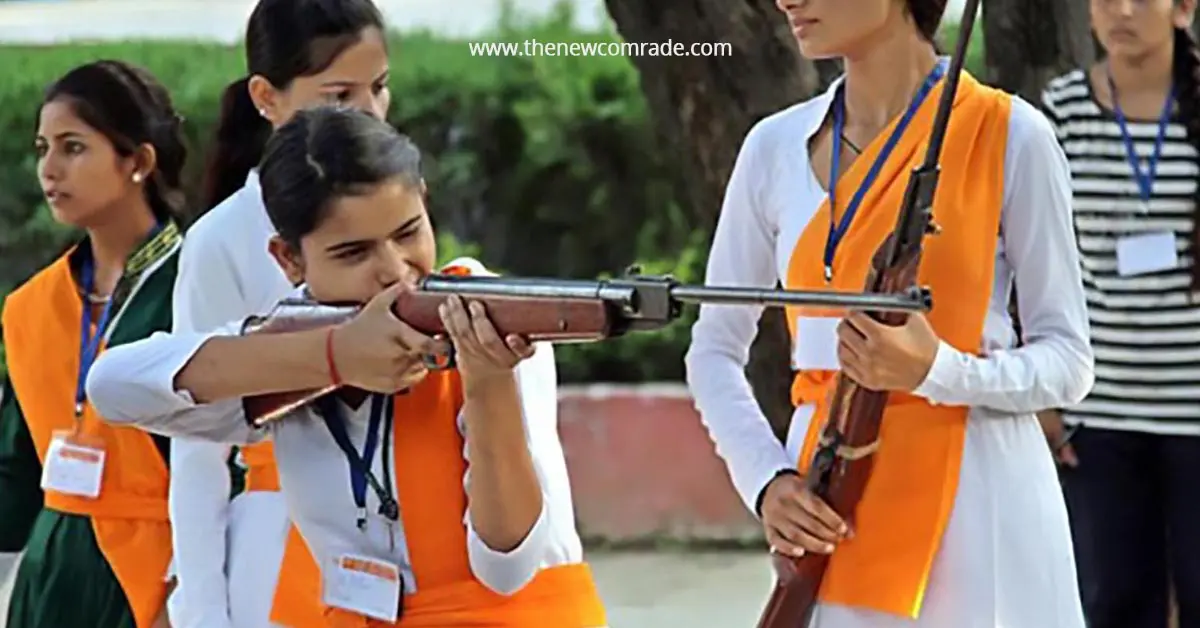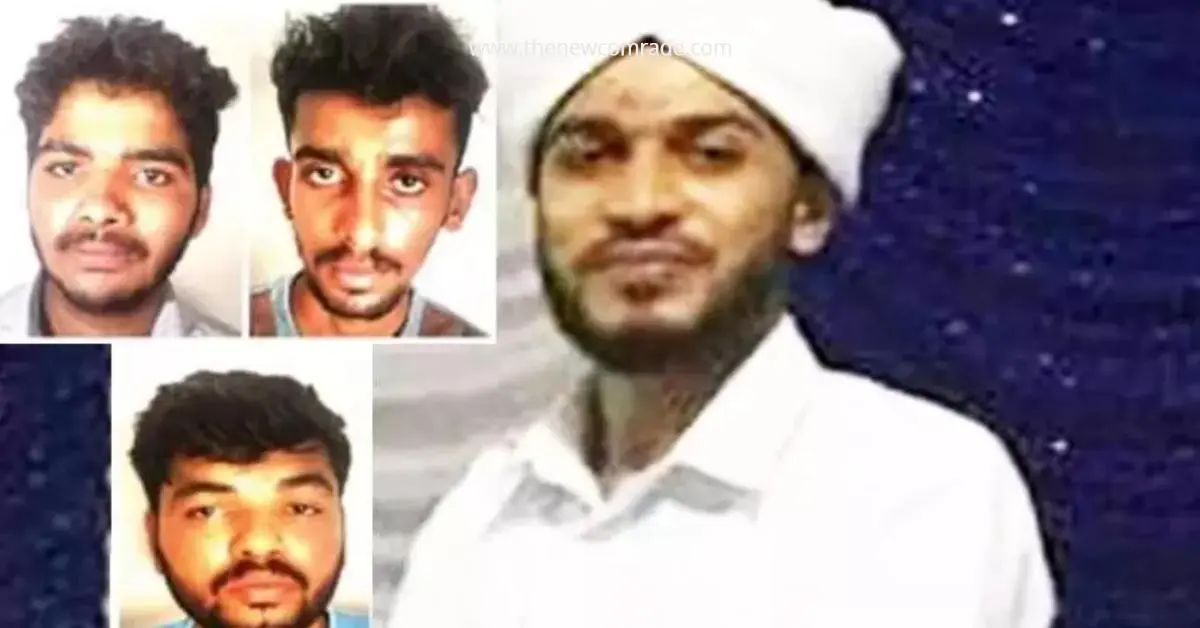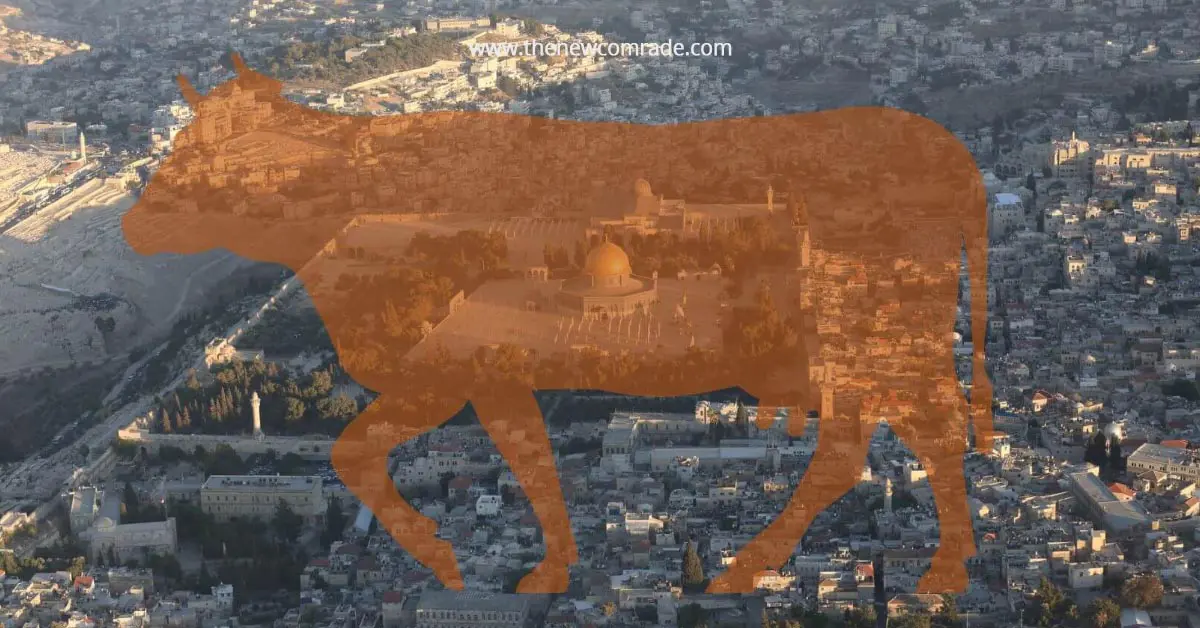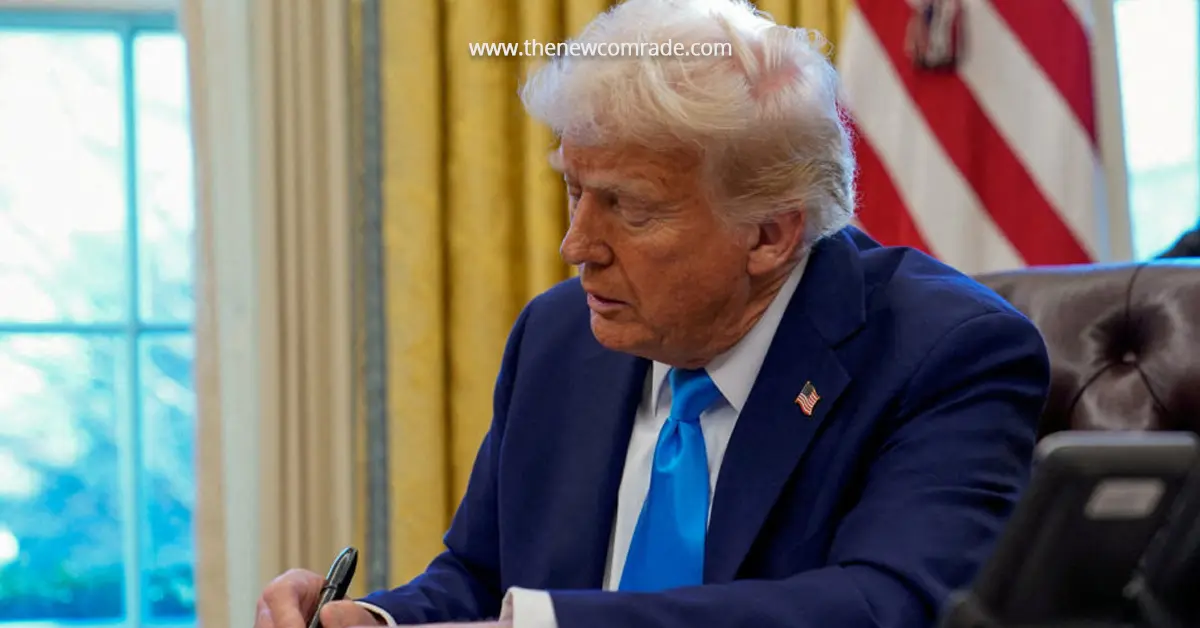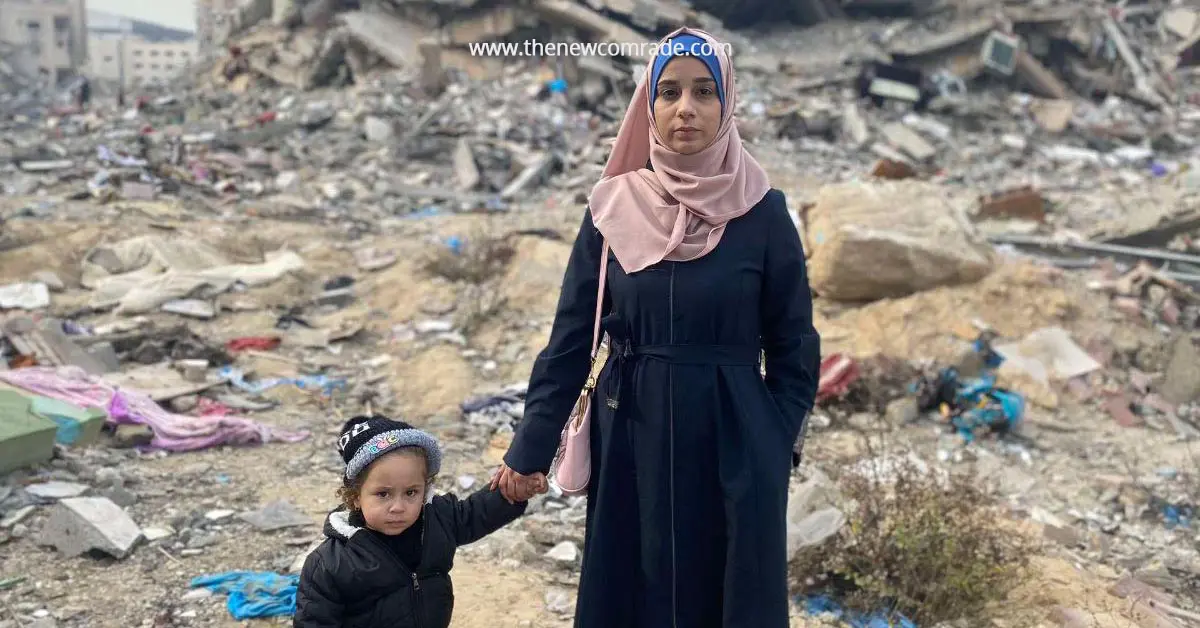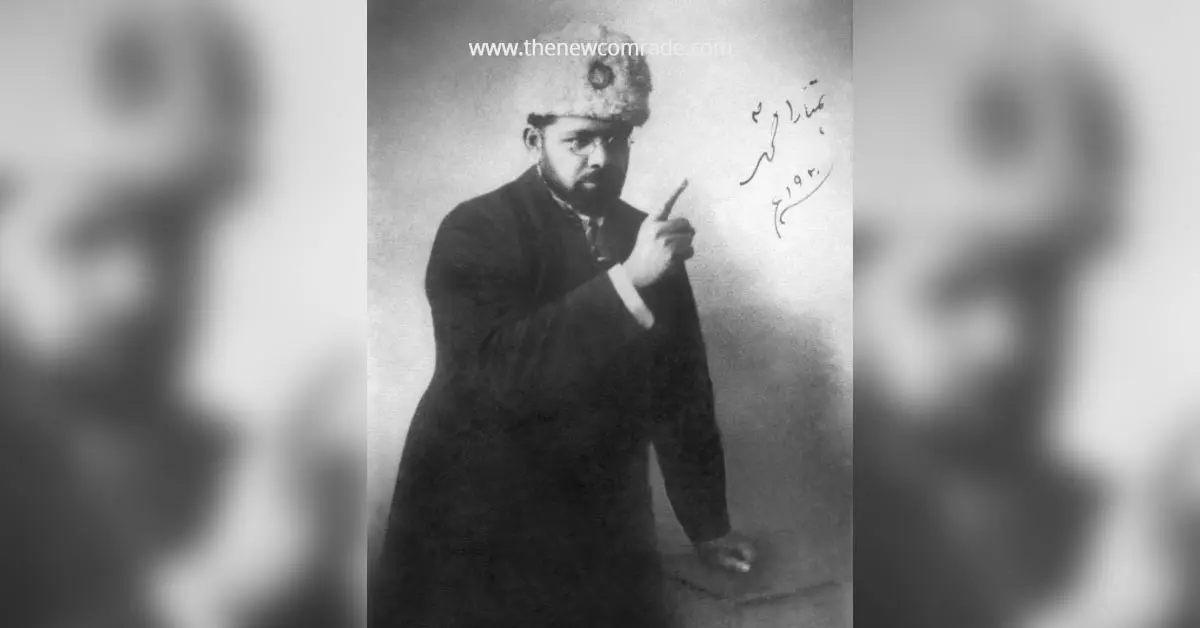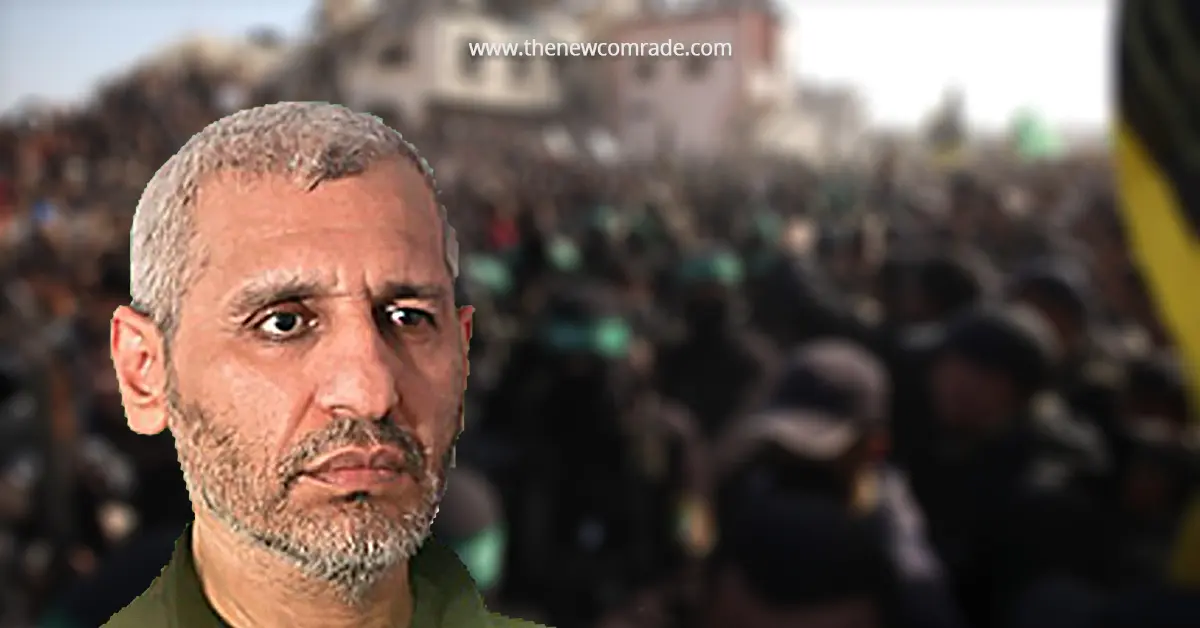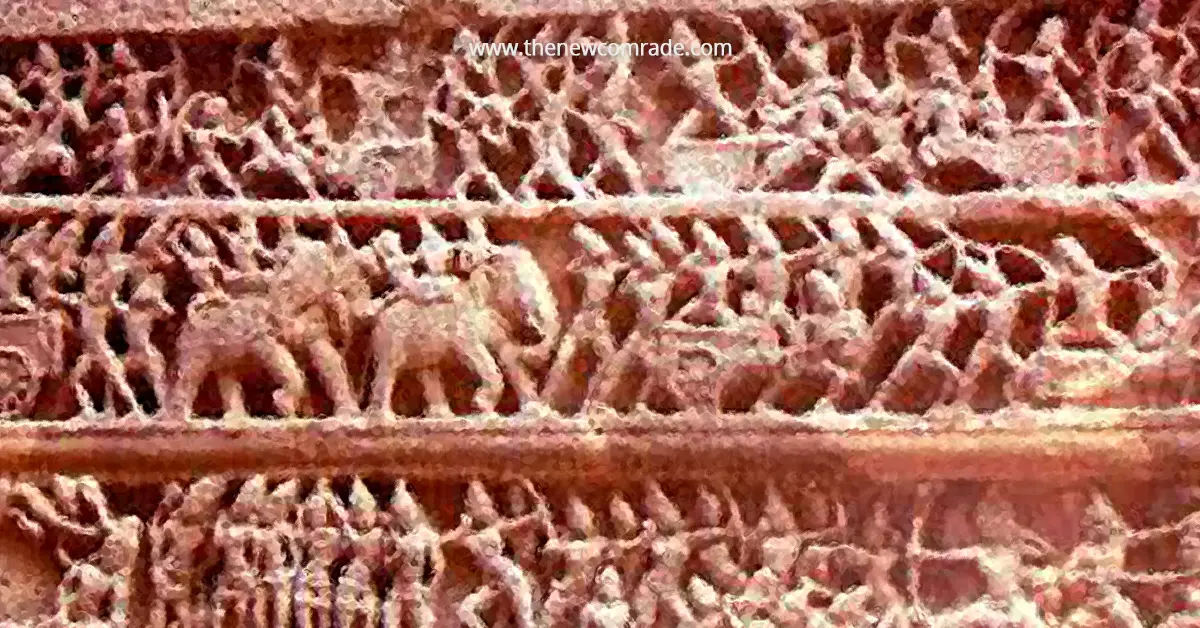The issuance of an International Criminal Court (ICC) warrant against Israeli Prime Minister Benjamin Netanyahu marks a significant shift in the global pursuit of justice. Charged with war crimes and crimes against humanity for actions against Palestinians, the warrant underscores the role of international justice mechanisms in holding state leaders accountable. The decision is seen as a landmark move in the global fight against impunity, especially for political leaders often shielded by state sovereignty.
This precedent raises questions about the accountability of political leaders across the globe, especially in South Asia, where allegations of state-enabled violence, discrimination, and ethnic cleansing have persisted for decades.
Western Hypocrisy in Pursuing Justice: Selective Accountability?
While the ICC’s warrant for Netanyahu reflects a growing commitment to global justice, the selective nature of its interventions has been criticised. Western nations often champion human rights only when it serves geopolitical interests.
India’s refusal to ratify the Rome Statute is a case in point. The United States, too, has evaded ICC jurisdiction, citing sovereignty and political misuse concerns. Such double standards weaken the credibility of international justice and leave victims of mass violence in South Asia without recourse to global legal mechanisms.
South Asia’s Enduring Human Rights Crisis
Pakistan
Pakistan faces criticism for its treatment of ethnic minorities, particularly Baloch and Pashtun communities. Allegations of enforced disappearances, ok torture, and extrajudicial killings have been raised by human rights organisations. The military’s counterinsurgency operations in Balochistan have been accused of targeting civilians under the guise of national security.
Bangladesh
Bangladesh’s human rights record has come under scrutiny for its treatment of the Rohingya refugee population, as well as its crackdowns on opposition parties, dissenting journalists, and activists. The Digital Security Act has been used to stifle dissent, while opposition leaders face politically motivated charges.
Sri Lanka
Sri Lanka’s legacy of war crimes and crimes against humanity during the 26-year civil war against the Tamil Tigers (LTTE) continues to haunt the nation. Allegations of rape, torture, and the killing of thousands of Tamil civilians remain unaddressed. Calls for an international inquiry into these crimes have been met with resistance, with Sri Lanka invoking “sovereignty” to evade international accountability.
Nepal
Nepal’s Truth and Reconciliation Commission (TRC), established to address the crimes committed during the 1996-2006 Maoist conflict, has been criticised for failing to deliver justice to victims. Cases of extrajudicial killings, disappearances, and sexual violence remain unresolved, with victims and their families still seeking justice.
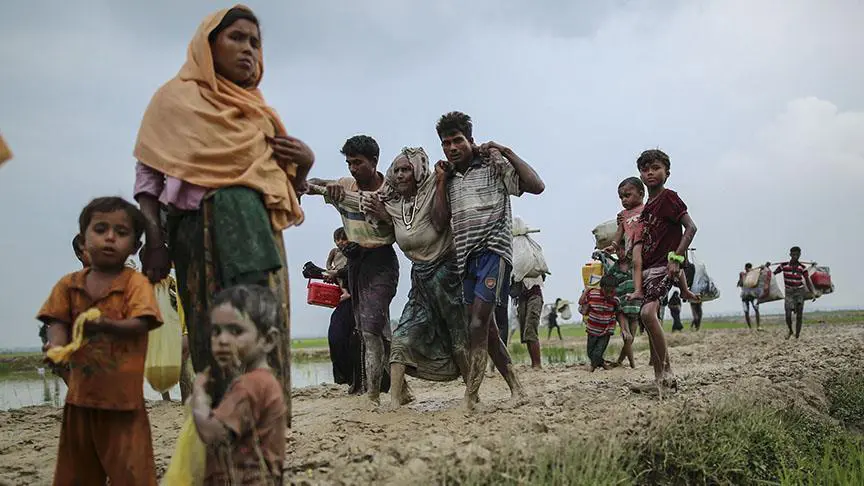
Myanmar
Myanmar’s treatment of the Rohingya Muslim community has been widely condemned as one of the most egregious examples of ethnic cleansing in modern history. The Rohingya, a stateless Muslim minority primarily residing in Rakhine State, have faced decades of systematic discrimination, statelessness, and violence. However, the most severe escalation occurred in 2017 when the Myanmar military, known as the Tatmadaw, launched a brutal crackdown under the pretext of countering “insurgent attacks” by the Arakan Rohingya Salvation Army (ARSA).
The military’s operation, described as a “textbook example of ethnic cleansing” by the United Nations, resulted in the mass killing of thousands of Rohingya, including women and children. Entire villages were torched, and survivors recounted harrowing stories of rape, torture, and mass executions. Satellite imagery confirmed the destruction of over 350 Rohingya villages, displacing more than 740,000 people to neighboring Bangladesh, where they now live in overcrowded refugee camps in Cox’s Bazar.
Witness testimonies from survivors revealed a pattern of targeted violence, including the deliberate killing of infants, gang rapes of women, and the branding of Rohingya homes before setting them on fire. These acts were widely viewed as part of a broader strategy of ethnic cleansing aimed at permanently removing the Rohingya population from Myanmar. The United Nations’ Fact-Finding Mission on Myanmar concluded that the military’s actions bore the hallmarks of genocide, calling for top military officials, including Senior General Min Aung Hlaing, to be tried for crimes against humanity.
Despite mounting international pressure, Myanmar’s government, led at the time by Aung San Suu Kyi, defended the military’s actions. Her refusal to condemn the violence and her participation in Myanmar’s defense at the International Court of Justice (ICJ) drew widespread criticism. The ICJ case, brought by The Gambia on behalf of the Rohingya, accused Myanmar of breaching the Genocide Convention. While the ICJ ordered Myanmar to take “provisional measures” to prevent further violence, on-the-ground reports suggested little had changed, and Rohingya continued to face persecution.
The situation for Rohingya refugees in Bangladesh remains dire. With no clear path for repatriation and Myanmar’s persistent refusal to guarantee safety and citizenship for returnees, hundreds of thousands remain stranded in refugee camps. Conditions in these camps are harsh, with inadequate access to education, healthcare, and basic human rights. Meanwhile, Bangladesh faces mounting pressure to repatriate the Rohingya, a move human rights organisations warn could result in “forced returns” to a state where they remain at risk of persecution.
Myanmar’s campaign against the Rohingya is a stark reminder of how state-sanctioned violence and ethnic nationalism can lead to mass atrocities. While international bodies such as the International Criminal Court (ICC) have called for accountability, Myanmar’s refusal to cooperate and the support it receives from powerful allies like China and Russia have shielded it from meaningful international intervention. As a result, justice remains elusive for the Rohingya, with little hope for accountability for the architects of this humanitarian catastrophe.
India: Impunity for Mass Violence Against Minorities
India’s refusal to ratify the Rome Statute of the ICC is rooted in its desire to protect political and state actors from international scrutiny. While India has ratified key human rights treaties, its domestic legal framework is inadequate to address mass violence and genocide. The absence of domestic legislation to criminalise genocide allows perpetrators to evade justice.
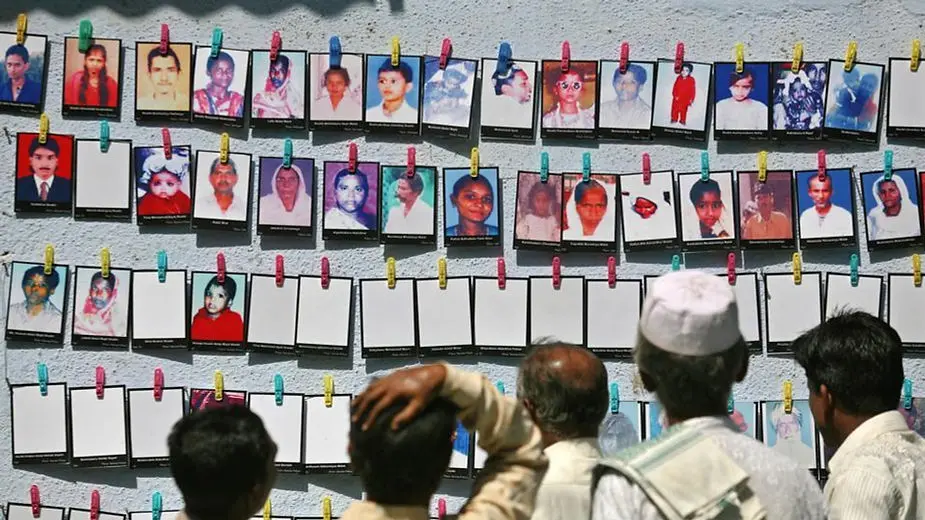
Key Incidents of Mass Violence in India
Muzaffarnagar Riots 2013: Communal violence broke out between Hindus and Muslims, leading to 60 deaths and the displacement of over 50,000 people. Investigations revealed the role of right-wing Hindu groups and political mobilisation in instigating the violence.
North East Delhi Pogrom 2020: In February 2020, large-scale anti-Muslim violence erupted in the capital, leading to over 50 deaths. Eyewitness accounts and video evidence implicated police officers and Hindu nationalist groups. Calls for an independent inquiry were dismissed, and victims were left to seek justice in a system riddled with delays and bias.
Mob Lynchings Since 2014: Since the rise of the BJP-led Modi government in 2014, India has witnessed a sharp escalation in mob lynchings, particularly targeting minorities, with Muslims being disproportionately affected. Cow vigilante groups, often emboldened by right-wing rhetoric, have been at the center of this violence. Data from various human rights organisations and media reports indicates that over 120 incidents of mob lynchings were recorded between 2014 and 2024, with Muslims comprising a significant portion of the victims.
Notable cases include the 2015 lynching of Mohammed Akhlaq in Dadri, Uttar Pradesh, where a mob brutally killed him on suspicion of storing beef in his home. His death marked the beginning of a pattern of violence justified in the name of “cow protection.” In 2017, Pehlu Khan, a dairy farmer, was lynched by a mob of cow vigilantes in Alwar, Rajasthan, while transporting cattle he had legally purchased. Despite video evidence, the accused were acquitted, drawing international outrage. The same year, Junaid Khan, a 16-year-old boy, was murdered on a train in Haryana by a group of men who accused him of being “anti-national” and “a beef eater.” His death highlighted how communal hatred extended beyond rural areas into public spaces like trains and marketplaces.
The lynching of Tabrez Ansari in 2019 further exposed the spectacle of mob violence in India. Forced to chant Hindu religious slogans like “Jai Shri Ram” and “Jai Hanuman” as he was beaten for hours in Jharkhand, Ansari’s death became symbolic of the dehumanisation of minorities under mob rule. These incidents were not isolated. The killings of Rakbar Khan in Rajasthan (2018) and Alimuddin Ansari in Jharkhand (2017) followed similar patterns, where cow vigilante groups operated with impunity, often with the tacit support of local authorities and political figures.
Even after the BJP lost its parliamentary majority in the 2024 general elections, the violence did not subside. Human rights organisations reported that lynchings, often under the guise of cow protection, continued in parts of Uttar Pradesh, Madhya Pradesh, and Rajasthan. Critics argue that the state’s refusal to enforce strict legal action against vigilantes has fueled this ongoing crisis. In many cases, perpetrators have been seen garlanded by political figures after their release from jail, further emboldening mob violence.
The persistence of such violence is seen as part of a larger pattern of communal polarisation, with cow vigilantism serving as a tool for right-wing political mobilisation. Human rights bodies, including Amnesty International and Human Rights Watch, have repeatedly called for the prosecution of perpetrators and criticised India’s lack of accountability. However, with the absence of a specific anti-lynching law and the failure to incorporate international human rights principles into domestic law, justice remains elusive for the families of victims like Mohammed Akhlaq, Pehlu Khan, Junaid Khan, Tabrez Ansari, Rakbar Khan, and Alimuddin Ansari.
The normalisation of mob lynchings reflects a broader climate of impunity, as perpetrators are often released on bail or acquitted despite video evidence and eyewitness testimonies. Calls for the enactment of anti-lynching legislation have grown louder, but political will remains absent. The global spotlight on India’s human rights record has intensified, with activists urging international bodies to hold the Indian state accountable for enabling such acts of violence against its most vulnerable communities.
Gujarat Pogrom 2002: The Gujarat pogrom remains a key example of state-enabled violence. Over 2,000 Muslims were killed, and hundreds of women faced sexual violence. Then-Chief Minister Narendra Modi faced accusations of complicity, but investigations were later closed, citing lack of evidence.
Nellie Massacre 1983: In a single day, approximately 1,800 Bengali Muslims were killed in Assam. The violence was linked to the anti-immigrant Assam Movement, which targeted Bengali-speaking Muslims.
Sikh Massacre 1984: Following the assassination of Prime Minister Indira Gandhi, mobs led by Congress party leaders slaughtered over 3,000 Sikhs in Delhi. Despite several commissions of inquiry, only a few leaders faced trial.
Bhagalpur Riots 1989: Over 1,000 Muslims were killed in anti-Muslim violence in Bhagalpur, Bihar. The violence was facilitated by police inaction, with officials accused of allowing the riots to continue unabated.
The Legal Vacuum: Why Justice Eludes Victims
India has ratified the Genocide Convention of 1948 but has failed to incorporate its provisions into domestic law. As a result, large-scale violence is prosecuted under laws related to murder or rioting, overlooking the collective, organised nature of pogroms.
Legal and Policy Gaps
No Law on Genocide: India lacks a specific law on genocide, unlike many other countries. This allows perpetrators of large-scale violence to escape with light penalties.
No Command Responsibility: The concept of “command responsibility,” central to international criminal justice, is absent in India’s legal framework. Political leaders, police officers, and bureaucrats escape accountability despite evidence of their involvement.
Absence of Witness Protection: Witnesses in cases of mass violence face intimidation and threats. Without robust witness protection mechanisms, survivors are often forced to retract their testimonies.
Impunity: A Culture of Protection for Perpetrators
Bilkis Bano Case
Bilkis Bano’s case during the 2002 Gujarat pogrom remains one of the rare cases where perpetrators were convicted. However, the recent release of her rapists on “good behavior” triggered global outrage. The move underscored how state mechanisms continue to protect perpetrators, even after conviction.
1984 Sikh Massacre
Leaders like Sajjan Kumar enjoyed impunity for decades, shielded by political connections. It was only in 2018 that Kumar was finally convicted, revealing the state’s reluctance to prosecute powerful figures involved in mass violence.
Ratification of the Rome Statute
India’s refusal to ratify the Rome Statute prevents international legal mechanisms from holding its leaders accountable for genocide and crimes against humanity. Ratification would compel India to enact domestic laws on genocide, crimes against humanity, and war crimes.
Why India Must Ratify the Rome Statute
Accountability for High-Level Actors: The Rome Statute allows for the prosecution of state actors, including political leaders.
Victim-Centric Approach: Victims can seek justice through the ICC when domestic avenues fail.
Preventing Future Violence: Ratification would serve as a deterrent to politicians and groups planning mass violence.
The ICC warrant against Netanyahu symbolises a shift in the international community’s willingness to hold political leaders accountable. However, the same urgency is missing in South Asia, where countries like India, Sri Lanka, Bangladesh, and Pakistan continue to evade scrutiny.
While India positions itself as a democratic and human rights-abiding state, its refusal to ratify the Rome Statute reflects a deeper fear of accountability. From the Muzaffarnagar riots to the lynchings of Muslims and Dalits, India has witnessed a surge in hate-fueled violence since 2014. Similar patterns are observed in neighboring South Asian countries, where state complicity and impunity persist.
The global fight for justice demands consistency. If Netanyahu can face an ICC warrant, there is no reason political leaders in South Asia should be immune. The world must reject the politics of selective accountability and confront human rights violations with equal force, regardless of the geopolitical interests at play.
